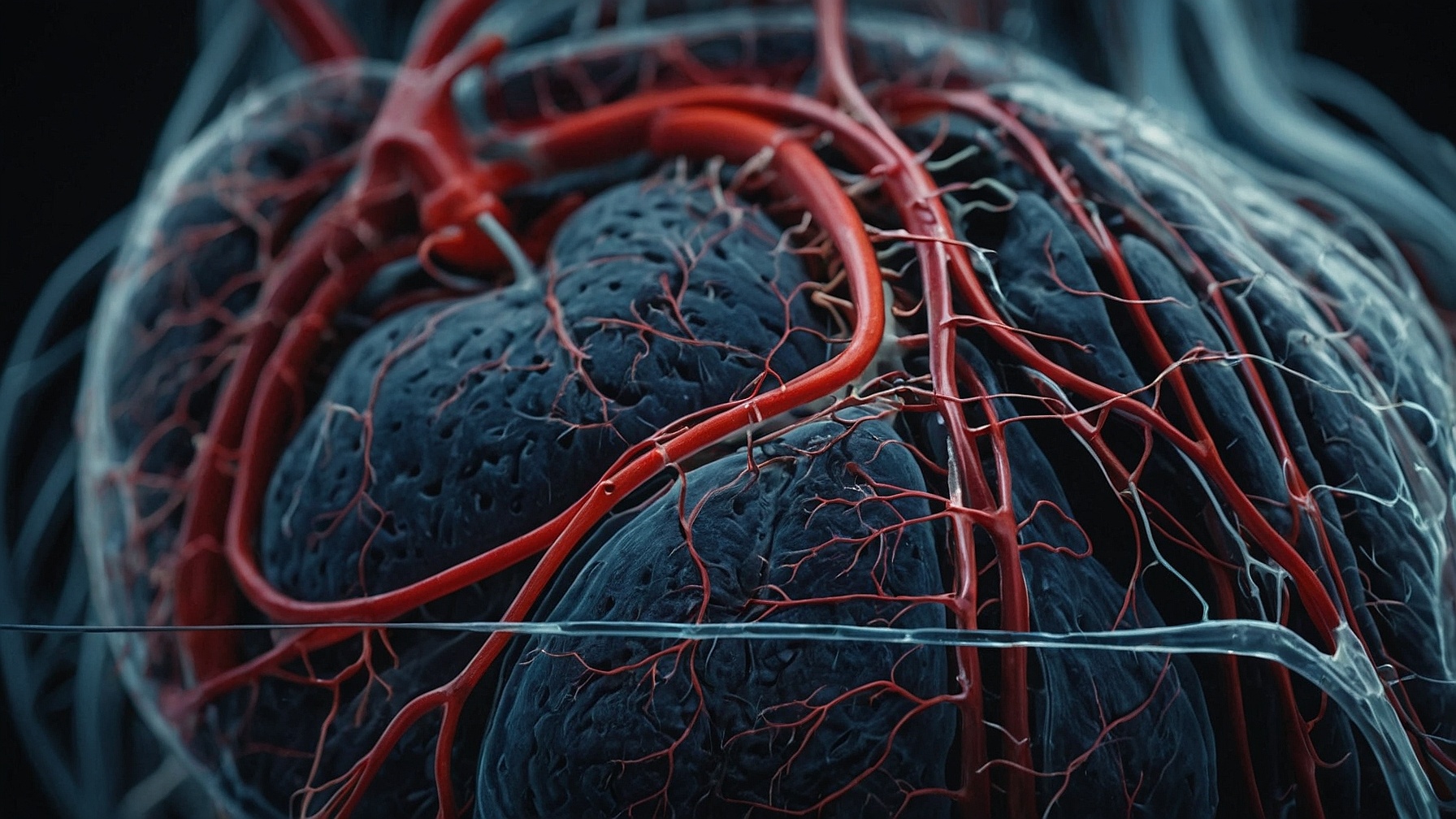Hello, from the Cross County Cardiology Education Team! 👋
We’re here to talk about something that affects millions of lives, yet often goes unnoticed until it’s too late. It’s a condition that typically impacts older adults, as well as those dealing with lung disease, heavy alcohol consumption, or even sleep apnea. We’re not trying to be mysterious—today, we’re shedding light on atrial fibrillation, commonly known as AFib. And trust us, it’s happening more frequently than you might think.
AFib is a heart condition characterized by an irregular and often rapid heart rate. According to the American Heart Association, approximately 2.7 million people in the U.S. are living with this condition. But here’s the startling part: a survey by the Cleveland Clinic found that only one in three adults are even aware that AFib exists!
Why should you care? Because AFib doesn’t always come with obvious symptoms. It’s a silent threat that can linger in the background for years before making its presence known. And when it does, the consequences can be severe. One of the most concerning complications of untreated AFib is stroke. When the heart’s rhythm is out of sync, blood can pool and form clots that may travel to the brain, leading to an ischemic stroke.
Dr. Kevin Soriano, our resident cardiovascular health expert, paints a clear picture of what’s happening inside the heart during AFib. “Instead of a nice, synchronized heartbeat, where blood flows smoothly from the upper chambers to the lower chambers and out to the rest of the body, the blood is just sloshing around. It’s not flowing efficiently, and this can cause clots to form.”
So, how can we defend ourselves against this stealthy adversary? The first line of defense is often medication to control the heart rate, such as beta blockers like metoprolol, carvedilol, or labetalol. To reduce the risk of stroke, blood thinners are commonly prescribed. But perhaps our strongest weapon is knowledge. The more people know about AFib, the better we can prevent and treat it.
In conclusion, AFib is a silent but serious heart condition that affects millions of people. It’s not a rare issue, and being informed is the first step to protecting yourself and your loved ones. Be aware of the signs—lightheadedness, dizziness, or feeling like your heart is racing or skipping beats. Let’s stay in tune with our heart’s rhythm and keep this silent threat at bay.




